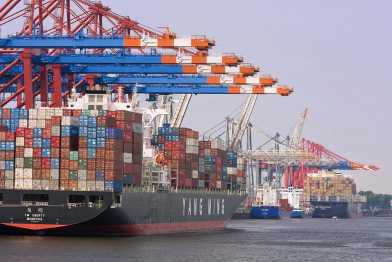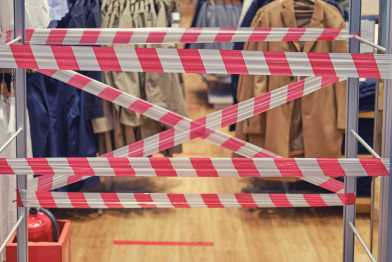February
KOF Economic Barometer: downward trend halted

In February, the KOF Economic Barometer rose above its long-term average. As a result, the downward trend since the interim high during the pandemic in September 2020 has come to an end, at least for the time being. For the next few months, the barometer now signals somewhat more lively economic activity.
Coronavirus crisis is exacerbating inequality in Switzerland

The economic impact of the COVID-19 pandemic is being felt across all social strata. However, low-income households are suffering particularly as a result of the coronavirus crisis, while those on high incomes are still managing comparatively well. These are the findings of a recent KOF study.
The race between the pandemic and immunization programmes

The February Global Economic Barometer results reflect the uncertainty of the rate of recovery of global economic activity in the first half of 2021 and the noticeable heterogeneity between the regions. The Coincident Barometer increases with less intensity than in the previous month, while the Leading Barometer is moving towards the approximately neutral level.
Business situation under pressure again; economic recovery slowed down

Having risen at the end of 2020, the KOF Business Situation Indicator fell in January. The second wave of the pandemic is clearly acting as a drag on some sectors. The proportion of companies that consider their survival to be at risk increases strongly in the hospitality sector. More than half of businesses in the hospitality industry are worried about possible bankruptcy. KOF expects to see a GDP growth of 2.1 per cent this year but no return to pre-crisis levels until the end of 2021.
KOF Employment Indicator: employment prospects in the hospitality sector hit a new low

The KOF Employment Indicator has fallen to minus 8.2 points, which has ended its recovery trend of the last two quarters. The outlook has deteriorated in the hospitality industry in particular: the employment indicator for this sector is even more negative than it was during the first lockdown and has hit an all-time low.